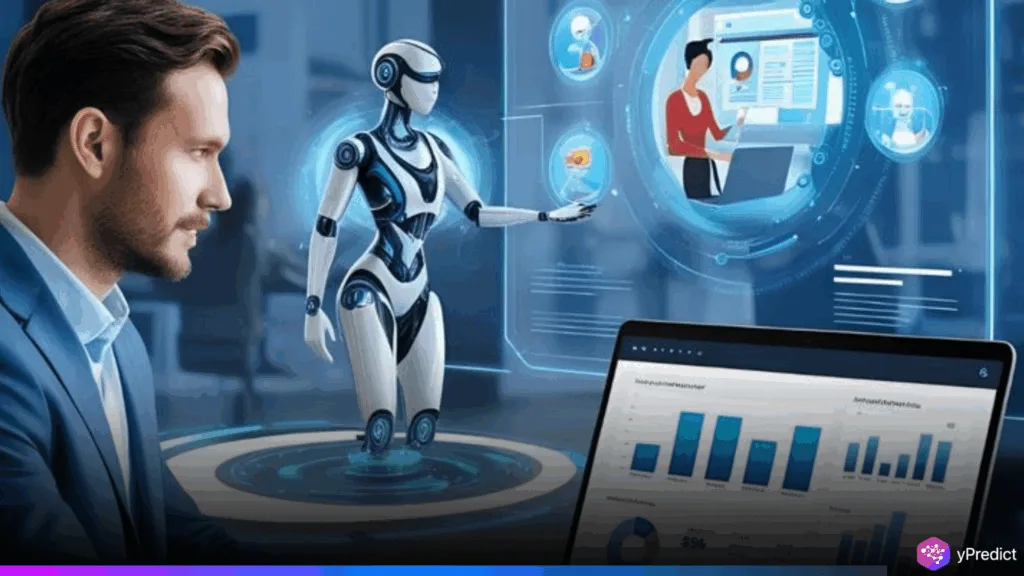
Artificial intelligence is not causing immediate mass unemployment, but it is altering how businesses evaluate talent. Tomas Chamorro-Premuzic, Chief Innovation Officer at ManpowerGroup, discussed how AI hiring is influencing workplaces of the future at the Vivatech trade show in Paris.
One of the largest recruiters in the world highlighted startups that provide self-governing AI agents for jobs that were previously performed by humans. As a result, employers are shifting their emphasis from credentials to ethics, curiosity, and flexibility. This change reflects a more general shift in hiring practices, where traditional resumes might not be the screening tool anymore. Human abilities are returning as a result of the quick advancement of technology.
AI Forces a Rethink of Recruitment Norms
ManpowerGroup held a competition at Vivatech where a startup offered to sell customizable AI agents. Although the concept garnered interest, the business pointed out that such models won’t soon become commonplace. However, the innovation reflects the rate of automation in the workplace, igniting discussions about the future of entry-level white-collar jobs.
According to a recent ILO report, one in four workers worldwide have encountered generative AI to some extent. Additionally, many fields are changing due to the quick development of agentic models. These tools have the ability to function somewhat independently. However, the same report stated that few jobs are currently at risk of total automation.
AI Hiring Puts Soft Skills in the Spotlight
According to Chamorro-Premuzic, AI hiring will reward qualities that are impossible for machines to duplicate. It will be more important than ever to have qualities like ethics, creativity, and teamwork. According to a ManpowerGroup survey of 40,000 employers, soft skills like decision-making and customer service are of utmost importance.
However, a skills gap still exists. Additionally, as AI adoption increases, training initiatives fall behind. According to Chamorro-Premuzic, for every dollar spent on technology, nine dollars should be spent on people. Without it, businesses run the risk of replacing their human capital rather than improving it.
Meanwhile, candidates are leveraging AI to compete. Thus, the recruitment landscape is evolving from automated applications to AI-powered interviews. According to a TestGorilla survey, 17% of respondents acknowledged using AI in tests. Conversely, 60% of recruiters create job descriptions and review resumes using AI tools.
Future Jobs Demand More Than Just Tech Skills
As automation increases, employers are turning their attention to opportunities. It’s more important to be able to learn, adapt, and lead than to have a resume full of old skills. According to Chamorro-Premuzic, the next frontier will be measuring human qualities that machines cannot, such as empathy and curiosity. Furthermore, he stated, “AI hiring can help us evaluate not just skills, but who you are as a teammate or leader.” Therefore, emotional intelligence and resilience will become more valuable as competition increases in the age of intelligent automation.
Soft Skills Will Shape Future Jobs
Job automation is speeding up, but it won’t replace labor. Rather, it is changing it. Nowadays, employers prioritize potential and soft skills over pedigree. Therefore, it will be crucial to strike a balance between technology and human-centered qualities as future jobs emerge.
Learning to collaborate with AI is more difficult than opposing it. Additionally, applicants who develop their communication, teamwork, and emotional intelligence will be given preference. Adaptability is emerging as the most valuable career asset in the competition for relevance.






